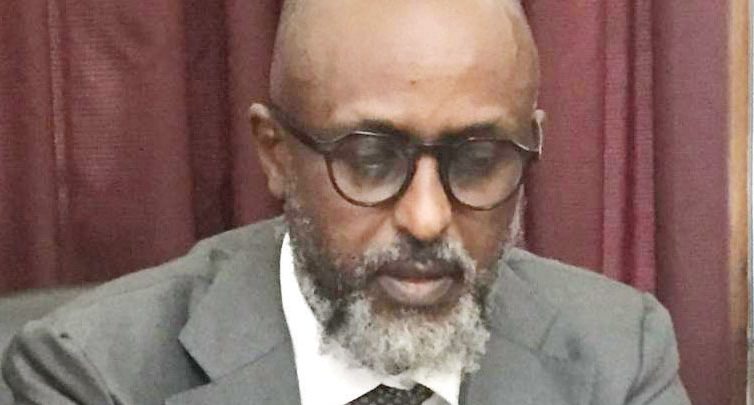
Reserve Bank of Malawi diffuses fears on strategic imports

Reserve Bank of Malawi (RBM) Governor Wilson Banda has admitted that the delayed return of the Extended Credit Facility (ECF) will hurt Malawi in the short term while also allowing the government to come up with long-term strategies of addressing issues blocking the facility.
ECF is an International Monetary Fund (IMF) facility that provides financial assistance to countries with protracted balance of payment problems.
In an interview with Times’ Wonder Msiska for Times Exclusive which airs next Sunday, Banda also indicated that despite that the current import cover is at 3.9 months—2.4 months with RBM and 1.5 months with commercial banks—strategic imports will not be affected.
The forex with foreign banks often belongs to foreign missions, exporters and non-governmental organisations and only part of it may be available outside of these entities.
“Drugs, Affordable Inputs Programme and fuel will not be affected, so Malawians should not be worried,” the RBM chief said.
IMF African Department Director Abebe Aemro Selassie said last week that the speed at which the Bretton Woods institution will sign a new ECF programme with Malawi will depend on how quickly government addresses legacy issues in the economy inherited from the Democratic Progress Party administration.
Selassie, who was accompanied by IMF Mission Chief for Malawi Mika Saito, had just met with President Lazarus Chakwera, Vice- President Saulos Chilima, Finance Minister Felix Mlusu and RBM officials.
In the Times Exclusive interview, Banda said ECF is further critical in triggering donor support, which also boosts forex reserves.
“We need the programme with IMF; we need donor support. We are trying to do our best because it is our programme.
“In the short term, it will be painful, that we have to accept, but in the long term, it will benefit the country. It is my job; it is the job of the Minister of Finance that our country’s relations with these international institutions are restored,” he said.
Among issues the fund wants addressed are reports of misreporting on Gross Reserve Assets and Net International Reserves for the period 2018 to 2019.
“You may wish to note that misreporting is taken seriously by the IMF to an extent that, if confirmed by the Board, at times, authorities are required to refund the resources that have been disbursed after the successful reviews of the arrangement,” Mlusu recently said.
He added that these are the legacy issues which the current government is resolving with IMF before the proposal for the new ECF programme is presented to the fund’s board.
Our assessments indicate that if reports of misreporting are confirmed, Malawi may be forced to refund $58 million (around K47 billion) are current exchange rates.
Apparently, the previous administration—between the period in question—painted a rosy picture of the country’s GRA and NIR figures to hoodwink IMF into believing Malawi was doing well economically.
In June last year, Malawi cancelled the previous ECF programme following a change of leadership after the Tonse Alliance-led administration noted that some of the critical programme targets were missed.
Recently, Mlusu indicated Malawi was failing to access $300 million (approximately K247 billion at the current exchange rate) for Development Policy Operation of the World Bank because of the absence of ECF.
Apart from misreporting allegations, IMF also asked the Malawi Government to address issues of excessive borrowing.
Banda said several measures are being put in place including restricting borrowing to concessional loans for key infrastructure projects and increasing the domestic tax and export bases.
SOURCE: THE TIMES GROUP